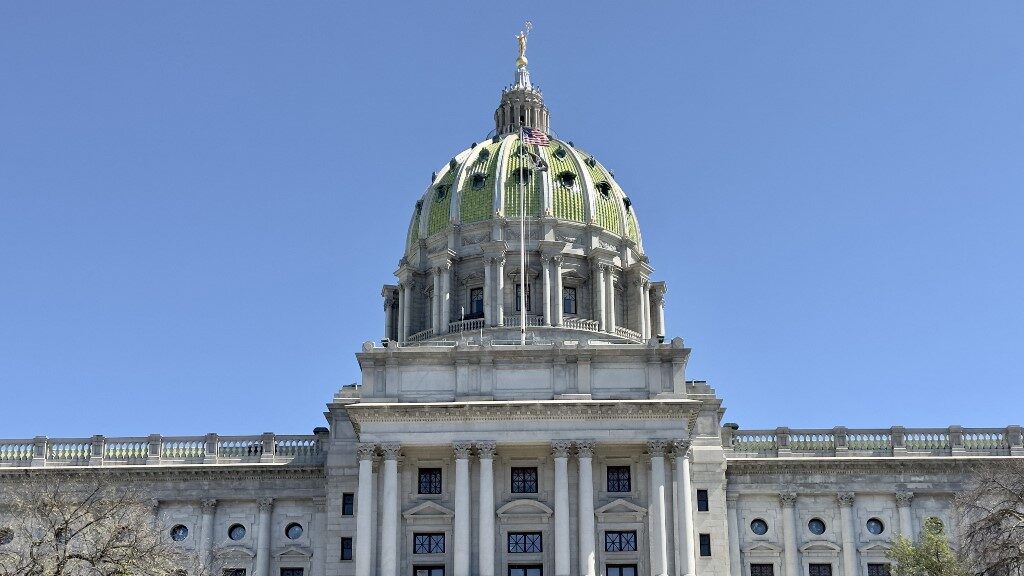
Some people at top-rated sportsbooks find gambling exciting, but for others, it’s a serious problem that can lead to addiction. Montana offers numerous gambling opportunities, with gaming machines scattered throughout the state, they can be found in bars, liquor stores, and even, gas stations.
According to a recent study by WalletHub, Montana ranks 3rd among the states with the highest rates of gambling addiction.
Its analysts compared all 50 states to identify where excessive gambling is most widespread. Their analysis included 20 key metrics, ranging from the prevalence of illegal gambling operations to lottery sales per capita to the percentage of adults with gambling disorders.
They found that the top five most gambling-addicted states are:
Which begs the question, “Why does Montana rank so high?”
Why Montana Ranks So High
There are a few reasons why Montana ranks so high, but one may be because Montana, per capita, is tied for first with the most gaming machines in the country with Nevada, Oklahoma and South Dakota. People in the Treasure State are also allowed to bet on sports and horse races and it ranks fifth on the list of states with the most casinos in the country.
The weather may also play a role. The winters in Montana are long and cold, making them very isolating, which leads some people to speculate that it contributes to the high number of gamblers in the state.
No Gambling Counselors in Montana
Another reason Montana may rank so high is that the state does not have gambling counselors and doesn’t require businesses to train their employees on disordered and problem gambling. This may be why more than 2% of the state’s residents have a gambling disorder, which is one of the highest percentages in the country. It may be difficult for people to overcome their addiction if they aren’t able to get the help they need.
“We do have some in the smaller communities, but that would be the goal to reach out and find those different locations, especially in the rural areas,” executive director of Montana Council on Problem Gambling Brad Longcake told Sportscasting. Funding also remains limited for the state. “If we were able to get additional funding, we would hire additional counselors, which we can then put in more communities around Montana. That’s the goal of the council to try and get awareness out so we can touch all those different communities,” Longcake added. “We’re the only state in the country that is 100% privately funded through industry donations. Most other problem gambling groups have funding from the state. We currently do not have that in Montana today,” he added.
Gambling Disorders Are Medical Conditions
When gambling gets out of control, though, it becomes a real medical condition. Gambling disorder, as it’s known, affects about 1-3% of all U.S. adults.
Wallethub analyst Cassandra Happe says, “Gambling addictions can destroy lives the same way that alcohol and drug addictions can. While some people may be able to enjoy casual gambling from time to time, others need to avoid temptation altogether. People with a gambling addiction may find it helpful to live in states where places to gamble are less prevalent and laws against betting are stricter.”
As technology has advanced, new forms of gambling like iGaming, online fantasy sports and video poker have emerged. This means you can gamble without going to a casino or sportsbook; all you need is your phone, laptop or computer.
Gambling Generates Revenue and Losses
While the gaming industry undoubtedly boosts the U.S. economy, critics contend that it also brings about social and economic challenges. Despite the industry making nearly $67 billion last year, Americans collectively lose over $100 billion annually from gambling.
This leads to other issues like regressive taxes, especially in communities with gambling establishments.
A regressive tax applies uniformly, irrespective of income, meaning both low- and high-income earners pay the same fixed amount. While true regressive taxes aren’t typically applied to income, they are commonly imposed on goods like tobacco, alcohol, gasoline, jewelry, perfume and travel. Additionally, user fees are often regarded as regressive since they consume a larger proportion of income from low-income individuals compared to those with higher incomes.
Study Shines New Light on Important Issue
For Montana, the first step to addressing a problem is admitting you have one in the first place. Maybe the Wallethub study will shine a new light on the issue of gambling addiction in the state providing the chance for lawmakers and other regulators to step in and do something about it.
In the meantime, the Montana Council on Problem Gambling is an organization that connects problem gamblers to resources. They have a 24-hour helpline you can call at 888-900-9979.










